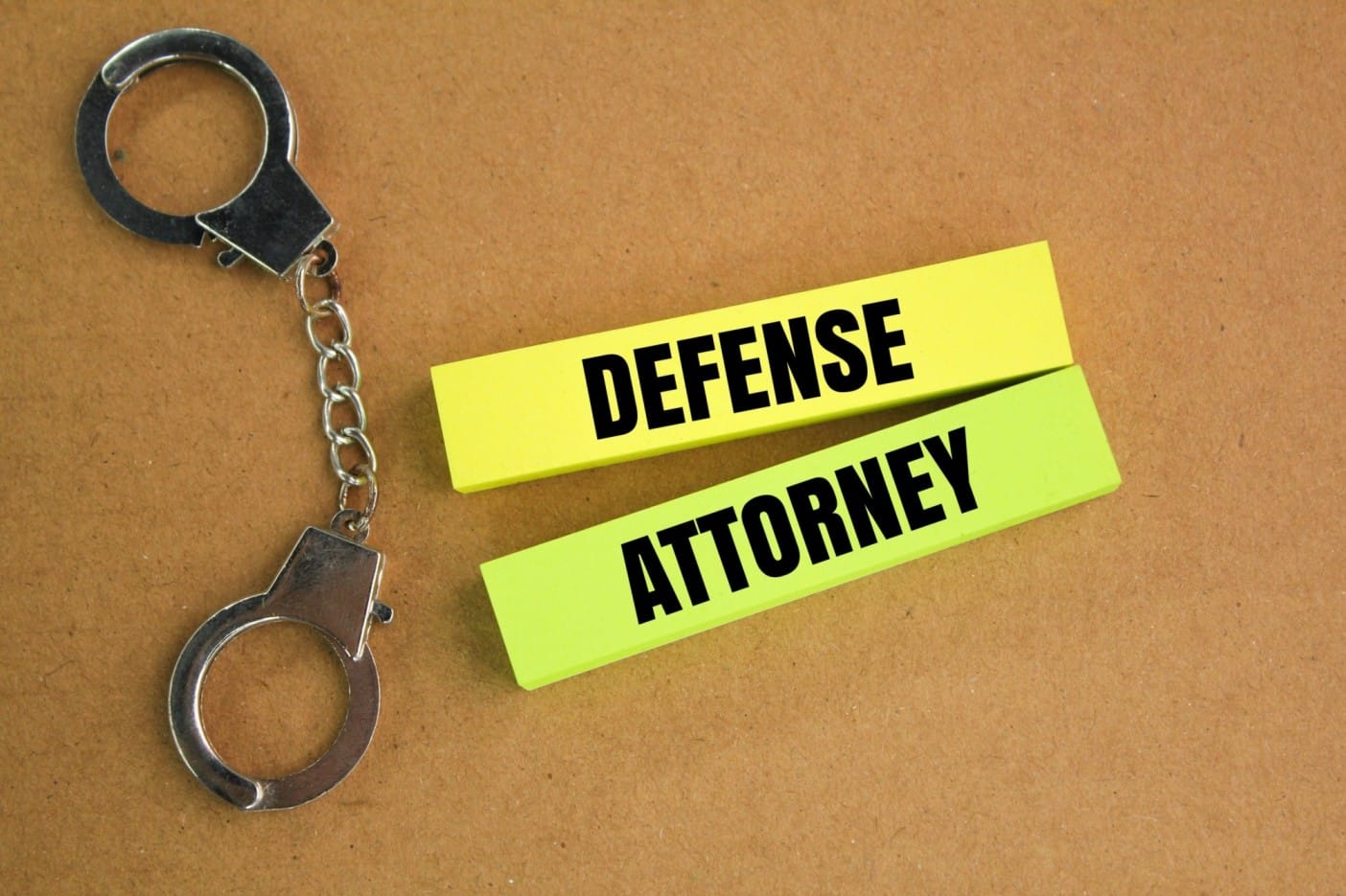If you’re facing a violent crime charge in Missouri, particularly one related to battery, you are likely confused, overwhelmed, and uncertain about what happens next. Charges that stem from altercations, fights, or even misunderstandings can carry serious legal consequences. While most people are familiar with the phrase “assault and battery,” Missouri law treats these concepts differently than other states.
In Missouri, what other jurisdictions may call “battery” is legally categorized under the broader umbrella of assault. This distinction matters, and so does your choice of defense attorney. At KC Defense Counsel, our skilled Kansas City criminal battery lawyers near me understand the nuances of Missouri law and will fight aggressively to protect your rights, your record, and your future.
UNDERSTANDING ASSAULT VS. BATTERY IN MISSOURI
In many states, assault and battery are charged as two separate crimes. Traditionally:
- Assault is defined as the act of threatening or attempting to cause physical harm, causing a person to fear immediate danger.
- Battery involves the actual act of physically striking or injuring someone.
However, Missouri law does not use the term “battery.” Instead, any action involving the use or threat of physical force is considered assault, with degrees of severity based on intent, injury caused, and the circumstances of the incident.
This means that both the threat of harm and the actual act of harm are prosecuted under various degrees of assault, ranging from misdemeanors to Class A felonies. Understanding these charges—and how to fight them—is crucial.
DEGREES OF ASSAULT UNDER MISSOURI LAW
Missouri categorizes assault into four degrees, each with different legal definitions, penalties, and implications.
First-Degree Assault (Most Severe): Under RSMo 565.050, a person commits first-degree assault if they:
- Attempt to kill another person; or
- Knowingly attempt to or actually cause serious physical injury.
Penalties:
- Class A Felony: If serious physical injury is caused or the victim is classified as a “special victim,” punishment includes 10 to 30 years or life in prison.
- Class B Felony: If serious injury is not proven, sentencing ranges from 5 to 15 years.
Special Victims may include law enforcement officers, the elderly, the disabled, or vulnerable persons.
A strong defense might argue that the accused was under sudden passion provoked by the victim, potentially reducing the charge to second-degree assault. However, the burden of proof for this defense rests on the defendant and that’s where having an experienced Missouri battery defense lawyer becomes essential.
Second-Degree Assault: According to RSMo § 565.052, second-degree assault occurs when someone:
- Causes or attempts to cause serious injury under the influence of sudden passion;
- Recklessly causes serious injury;
- Knowingly causes injury without a weapon;
- Or recklessly causes injury by discharging a firearm.
Penalties:
- Class D Felony: Up to 7 years in prison and/or fines up to $10,000.
- Upgraded to Class B Felony (5 to 15 years) if the offense involves a special victim.
This charge is commonly filed in bar fights, road rage incidents, or domestic disputes where the incident escalated quickly and injuries occurred—sometimes unintentionally.
Third-Degree Assault: Per RSMo 565.054, third-degree assault involves knowingly causing physical injury to another person.
Penalties:
- Class E Felony: Up to 4 years in prison and/or $10,000 fine.
- Upgraded to Class D Felony when involving special victims.
Even a minor injury such as a bruise or swelling can qualify as “physical injury” under Missouri law. This makes it all the more important to have legal representation capable of challenging the evidence or intent behind the accusation.
Fourth-Degree Assault
Under RSMo 565.056, fourth-degree assault is the broadest category and includes acts such as:
- Recklessly creating a substantial risk of serious injury;
- Knowingly causing pain or illness;
- Provocative or offensive contact, especially toward someone with a disability;
- Negligently injuring someone with a firearm.
Penalties:
- Class A Misdemeanor: Up to 1 year in jail and $2,000 fine.
- Class C Misdemeanor (for threats or offensive contact): Up to 15 days in jail and/or $750 fine.
Many individuals charged with fourth-degree assault had no intention to harm anyone. Sometimes, the charge arises from a misunderstanding, exaggerated claims, or an argument gone too far.
HOW CAN A KANSAS CITY CRIMINAL DEFENSE BATTERY LAWYER HELP YOU
Assault charges in Missouri are serious regardless of the degree. Whether you’re accused of pushing someone at a concert or allegedly striking a co-worker during an altercation, a conviction can lead to jail time, steep fines, and a permanent criminal record.
More importantly, these charges can follow you for life. You could lose job opportunities, child custody rights, firearm privileges, and even face immigration consequences if you are not a U.S. citizen.
That’s why it is critical to hire an experienced Kansas City criminal defense attorney who understands how to fight battery-related charges. The right lawyer can:
- Identify weaknesses in the prosecution’s case;
- Negotiate to reduce or dismiss charges;
- Present compelling defenses such as self-defense, lack of intent, or mistaken identity;
- Protect your rights and advise you at every stage.
At KC Defense Counsel, we have extensive experience defending clients against every level of assault charge. Our goal is to help you avoid jail time, reduce charges where possible, and keep your record clean.
COMMON DEFENSES TO MISSOURI ASSAULT CHARGE
An experienced criminal battery lawyer in Missouri will explore every possible defense. These may include:
Self-Defense: If you were protecting yourself or another person from imminent harm, you may be justified in using force. Your lawyer must prove that:
- You reasonably believed force was necessary;
- The level of force used was proportionate to the threat.
Defense of Others: Similar to self-defense, this applies if you were protecting someone else from danger.
Lack of Intent: For many assault charges, the prosecution must prove that you intended to cause harm. If the injury was accidental, this could serve as a powerful defense.
Sudden Passion: In certain cases, a defendant may have acted in a state of emotional turmoil due to an unexpected provocation. If proven, this can lower the charge’s severity.
False Accusation or Mistaken Identity: We’ve seen many cases where individuals are falsely accused, often due to confusion or vindictive motives. A thorough investigation may uncover surveillance footage, witness inconsistencies, or other evidence in your favor.
CALL KC DEFENSE COUNSEL TODAY
At KC Defense Counsel, we believe that everyone deserves a strong defense—especially when facing life-altering charges like assault. Our affordable Kansas City battery defense attorneys have a proven record of reducing charges, securing dismissals, and earning not-guilty verdicts across Missouri courts.
When you hire us, we will:
- Investigate the facts of your case thoroughly;
- Analyze police reports and witness statements;
- Challenge unlawful arrests or procedural errors;
- Build a personalized legal strategy tailored to your circumstances.
We treat every case with urgency, discretion, and respect. Your future matters to us, and we’re committed to protecting it.
HIRE THE RIGHT KANSAS CITY CRIMINAL DEFENSE LAWYER FOR YOU
Assault charges are never something to face alone. If you or someone you care about has been charged with assault (or what might be called battery in other states), contact KC Defense Counsel today. These charges carry steep penalties and long-lasting consequences—but with the right legal team, you can fight back.
Call us now at 816-287-3787 or fill out our confidential contact form to schedule your free consultation. Let us review your case, explain your rights, and help you take control of your future.
KC Defense Counsel – Protecting Your Rights. Defending Your Freedom.





Recent Comments